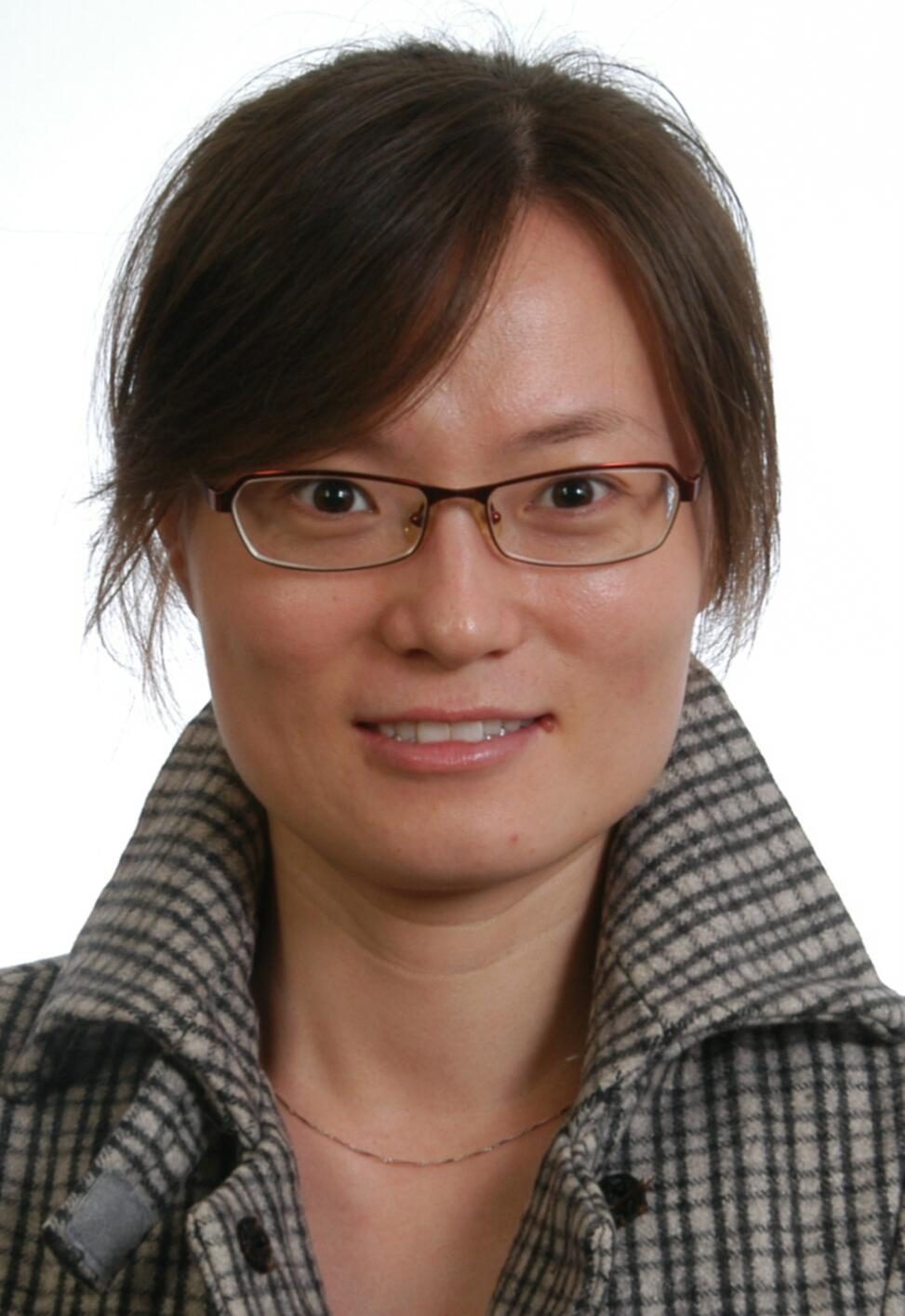
Xiaoying Chen: Investigating treatment strategies for stroke
Xiaoying Chen is currently working on the ENCHANTED trial, a global public health study into acute ischaemic stroke.
How long have you been working at The George Institute?
I first started working at The George Clinical China from 2008 and then relocated to Sydney where I began working at The George Institute in 2012.
What is your professional background?
I finished my Bachelor’s Degree on Management from Beijing International Studies University in 2004 and then finished my second Bachelor’s Degree on Pharmacy from Peking University in 2011. Currently I am doing PhD study at the University of Sydney.
What attracted you to working at The George Institute?
I was attracted to the idea of being a part of a team working on large clinical trials.
At the George Institute I have been part of the main phase of the Intensive Blood Pressure Reduction in Acute Cerebral Haemorrhage Trial (INTERACT2), one of the largest ever clinical trials concerning stroke. The trial answered an important clinical question about whether early and intensive lowering of high blood pressure after inter cerebral hemorrhage will improve the chances of a patient surviving free of major disability.
The other was the Sleep Apnea Cardiovascular Endpoints Study (SAVE), which is a multi-centre, randomised, controlled trial to determine the effects of a non-surgical treatment that provides a steady flow of air to the lungs through the nose, also called nasal continuous positive airway pressure (CPAP), in preventing cardiovascular disease in high risk patients with moderate-severe obstructive sleep apnea.
Why do you enjoy working at The George Institute?
The George Institute has many very professional and dedicated researchers and operational staff. It is a great and valuable experience to work with them. I really enjoy it.
What are you currently working on?
I am currently working on the ENCHANTED trial, which is a global public health study into acute ischaemic stroke. In an ischemic stroke, blood supply to part of the brain is decreased, leading to dysfunction of the brain tissue in that area. The trial is set to examine;
- whether low-dose (0.6 mg/kg) recombinant tissue plasminogen activators (rtPA) gives the same or a better chance of a person surviving stroke and living without disability compared to the standard-dose (0.9 mg/kg) of rtPA that is used in most parts of the world;
- Whether lowering blood pressure levels quickly, and then controlling them to a level that is lower than is usually recommended, will improve the chances of a person surviving stroke and living without disability.
What difference will this make to healthcare and why?
The ENCHANTED study is a global public health study into acute ischaemic stroke aiming to improve the treatment of stroke which affects 15 million people worldwide causing premature death and disability.
One in 10 people with stroke die in hospital, with many more suffering ongoing disability, highlighting the need for better treatments. This study is investigating the use of two treatment management strategies that are currently used in everyday clinical practice. More effective treatment of acute ischemic stroke could potentially improve the chances of survival and living without disability.

